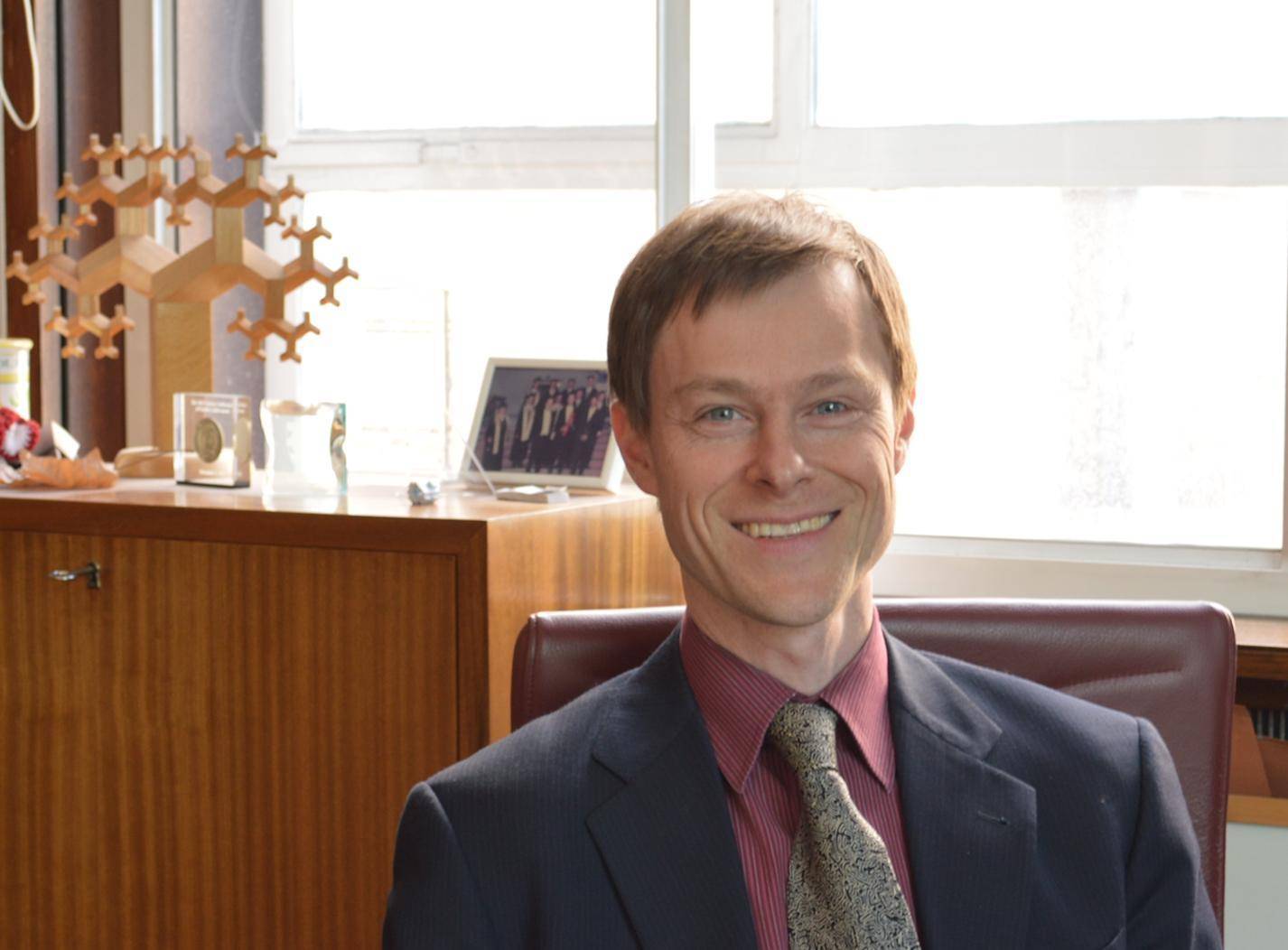Event details
Nature-Inspired Chemical Engineering: a NICE Approach to Sustainability and Innovation

Tackling Grand Challenges, framed by the UN Sustainable Development Goals (SDGs), requires step-changes through transformative approaches and interdisciplinary thinking, beyond incremental variations on traditional designs. Nature is replete with well-integrated, “intensified” systems, optimized over the eons, to satisfy stringent constraints for survival by scalable processes with emergent properties.
Taking nature as a source of inspiration, we propose to leverage fundamental mechanisms underpinning desirable properties (like scalability, resilience or efficiency) and apply these to engineering design, including suitable adaptations to satisfy the different contexts of technology and nature. We call this approach Nature-Inspired Chemical Engineering (NICE), and the design and innovation methodology to practice it more broadly: Nature-Inspired Solutions (NIS).
The NIS methodology is thematic, structured around ubiquitous physical mechanisms in nature. Here, we consider: (1) hierarchical transport networks; (2) force balancing; (3) dynamic self-organization; and (4) ecosystems, control and modularity. It is also systematic, recognizing a suitable concept (e.g., fractal scaling within a certain range), then applying it to a design (e.g., a uniform, scalable fluid distributor) that supports implementation within an applied context (e.g., gas-solid fluidization). This systematic methodology makes NICE versatile: validated principles can be applied to new problems (e.g., from fluidization to fuel cells, or from catalysis to dental materials), which accelerates discovery and innovation.
I will give NICE examples of the intensification of catalytic processes, membrane separations, and functional materials for space technology and biomedical applications. Many developments are underpinned by theory and computation-assisted optimization. Molecular simulations, mesoscopic modeling, and non-equilibrium thermodynamics are tools that require further fundamental development, complemented by machine learning and data-driven approaches.
Please contact cbeinfo@princeton.edu for the Zoom link.

Sponsorship of an event does not constitute institutional endorsement of external speakers or views presented.